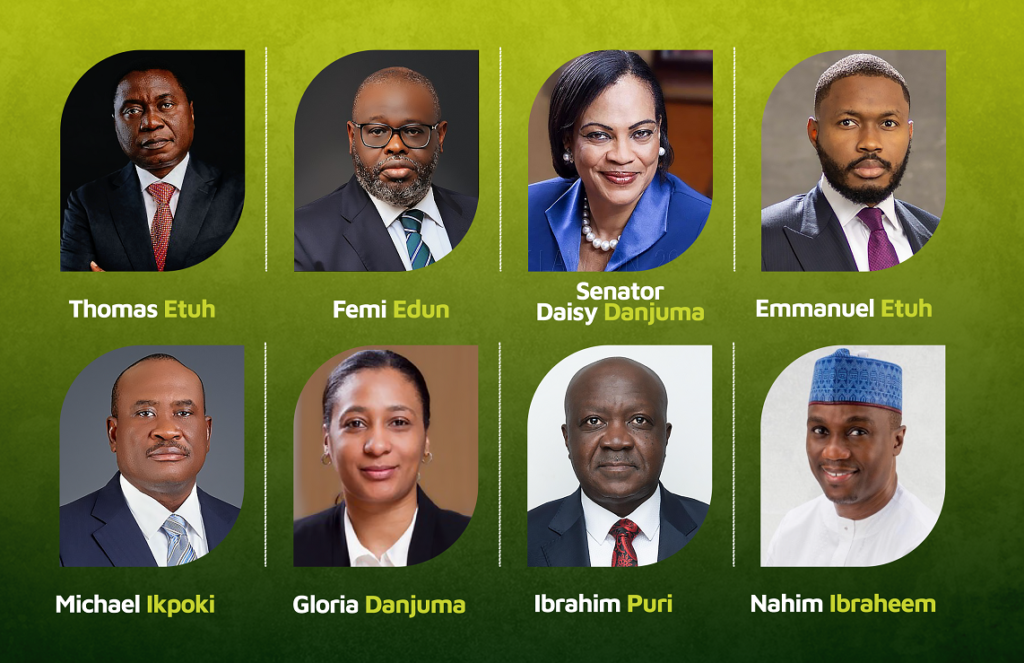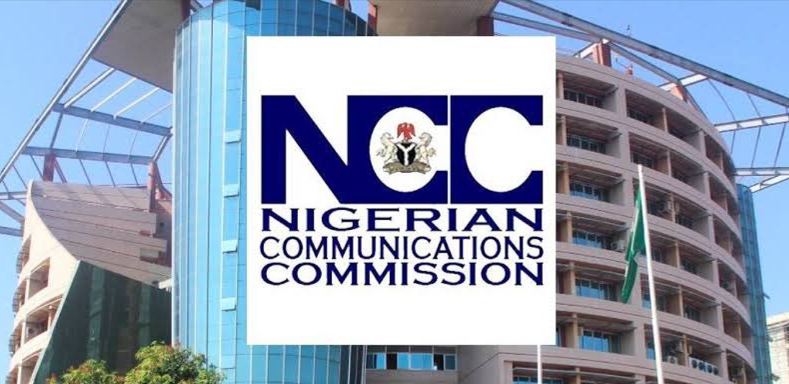The Economic and Financial Crimes Commission (EFCC) has raised the alarm about the escalating threat of cybercrime in Nigeria, revealing that the country suffered losses exceeding $500 million due to cyberattacks in 2022 alone. This was disclosed during a National Cybercrime Summit, where EFCC Chairman Ola Olukoyede emphasized the pressing need for urgent action to combat the growing menace of cybercriminal activities, both in Nigeria and globally.
Olukoyede expressed deep concern over the increasing sophistication of cybercrime, noting that these illegal activities have grown rapidly in scale and impact. “Cybercrime has become a massive global challenge,” he said, “and is now considered the third-largest ‘GDP’ in the world, with an astounding 2,328 cyberattacks being reported daily.”
The financial implications for Nigeria are dire, with over half a billion dollars lost in a single year. Olukoyede warned that if the current trajectory of cybercrime is not addressed, it could pose a severe threat to not only Nigeria’s economy but to global stability.
He further revealed that cybercrime represents a significant portion of the convictions secured by the EFCC in recent years, demonstrating the agency’s active role in curbing this digital threat. However, he acknowledged the ongoing challenges posed by the rapid evolution of cybercrime tactics, which continue to outpace law enforcement efforts.
One particular concern highlighted by the EFCC Chairman is the involvement of young Nigerians in cybercrime. With many youths possessing advanced tech skills, some have unfortunately been drawn into illegal activities in search of quick financial gains. Olukoyede stressed the importance of redirecting this talent into more productive and legitimate avenues.
To address this growing problem, the EFCC is actively exploring initiatives aimed at offering alternative opportunities for tech-savvy youths. The goal is to encourage them to channel their skills into socially responsible projects, such as developing innovative applications and contributing to key industries like the creative sector, tech ecosystem, financial services, and even cybersecurity itself.
“The fight against cybercrime is not something the EFCC can tackle alone,” Olukoyede stated, urging for a collective effort from all sectors of society. He called on government agencies, private organizations, and individuals to collaborate in raising awareness, enhancing cybersecurity measures, and creating a secure digital environment for all.
In conclusion, Olukoyede highlighted the need for a united front to successfully combat cybercrime. The EFCC remains committed to addressing the issue, but the battle will require widespread support from all stakeholders to mitigate the risks posed by cybercriminals and secure Nigeria’s digital future.



























